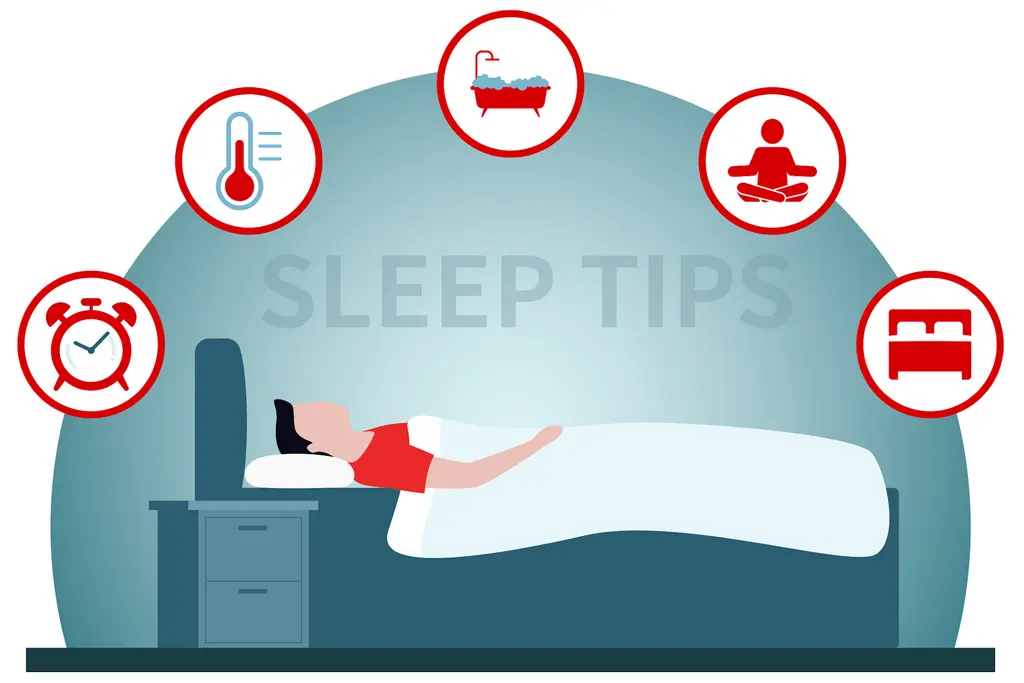
One of the hardest things about living with idiopathic hypersomnia (IH) is how it affects your relationships. Your family members, friends, co-workers, even your doctor may have a hard time understanding what’s going on with you. They may think you’re lazy or undependable. They may take it personally if you have to cancel plans or if you drift off during a conversation.
It’s easy to feel embarrassed or isolated. In fact, in one survey, 98% of people with idiopathic hypersomnia said it made social life more difficult. But if you learn how to communicate how you feel and what you need, your relationships can be a great source of support.
Tell Them How You Feel
The people close to you won’t know how you feel if you don’t tell them. But it can be hard to find the right words. It’s especially hard with someone new. People with IH say the condition makes it difficult to start a relationship.
- At the beginning, keep it simple. Tell them you have a medical condition that makes you feel extremely tired all the time. You can get into details as you feel more comfortable.
- The Hypersomnia Foundation suggests you describe the feeling by comparing it to something other people might have experienced. For example, you could say it’s like having jet lag or taking a sleeping pill, then trying to function normally.
- Other people with the condition can be a good source of advice on how to talk about it. Reach out to people you’ve met online or in support groups and ask how they’ve handled these conversations.
- Be open about your emotions. Do you feel embarrassed? Overwhelmed? Fearful for the future? If you have trouble expressing your feelings, a therapist or a counselor can help.
Explain Your Challenges
Idiopathic hypersomnia usually first appears when you’re in your late teens and early 20s – prime time for an active social life. But the condition can put some serious limitations on how you live. It affects people differently, so be clear with those close to you about what your personal challenges are. For example:
- You may get sleepy or have to nap at inconvenient times. That may mean you miss an appointment or don’t finish a chore.
- You may wake up confused or crabby. That can be uncomfortable for the people you live with.
- You may have trouble thinking clearly. That can come across as being forgetful or inconsiderate.
- You may not be able to drive. That can mean relying on other people or missing out on events.
- You may have to guard your bedtime. That may mean saying “no” to a late concert or an evening study session.
- You may feel too tired for sex. That can cause conflict with your partner.
Explain that these aren’t choices you’re making, they’re a result of your condition. Idiopathic hypersomnia isn’t something you can control.
Romantic relationships can be particularly problematic. Many people with hypersomnia say it has led to a breakup. But they also say their partners tend to be the most helpful and understanding people in their lives.
Invite Them to Get Involved
Chances are, the people who care about you want to help. They just may not know how. Give them the opportunity to learn by getting involved.
Encourage your friends and family members to find out more about idiopathic hypersomnia. Steer them to sources of information that are in-depth and accurate, such as:
- The National Institutes of Health. The government has basic information about the condition and the latest research on the National Institute of Neurological Disorders and Stroke website.
- The Hypersomnia Foundation. This advocacy group has detailed information on the disorder, plus lifestyle advice and ways to connect at hypersomniafoundation.org.
- The American Academy of Sleep Medicine. This professional group for doctors who specialize in sleep disorders has information for patients and their supporters at sleepeducation.org.
If you’re comfortable, invite people close to you to come to appointments with your doctor or therapist, or to your support group. You can also look for a support group online or in your area for partners and supporters of people with hypersomnia.
Problem-Solve Together
You and your friends and family members need realistic expectations for your relationships. You may be able to head off some conflicts if you think about potential problems and work together to come up with solutions. For example:
- Keep track of when you feel sleepy and look for a pattern. What times of day do you feel most alert? Plan household tasks, social events, or important conversations during those times.
- Ask your loved ones to prioritize what they need from you. If you know what’s most important, you can do your best to get that accomplished.
- Planning is key. You may have trouble making quick decisions or changing gears, so try to make plans in advance. It works for everything from social events and errands to what you’re having for dinner.
All days are different when you have idiopathic hypersomnia, and despite your best efforts, sometimes you just can’t function. Make sure everyone around you understands that you and they need to be flexible. Try to take advantage of the good days and let go of the bad ones.
Ask for What You Need
No one wants to be a burden. It can be hard to ask for help, even from the people closest to you. But people in caring relationships want to support each other. Make it easier by being specific about what others can do:
- Do you need a nap? Ask your partner to manage the kids for an hour.
- Worried you’ll sleep through class or an important meeting? Ask for help waking up.
- Do you have trouble getting enough sleep at night? Ask your partner or roommate to respect your sleep schedule and help you create a restful environment by limiting screens in the bedroom and keeping it dark, cool, and quiet.
- Do you need to vent? If you just want someone to listen without judging or trying to fix your problems, say so.
Cut Them Some Slack
Recognize that the people closest to you are also struggling. While they want to be helpful, they aren’t going to get it right every time.
- Be patient. It can take some time for others to truly understand what’s happening with you. Give them a chance to educate themselves. And when they fall short in the sensitivity department, use gentle reminders.
- Take responsibility. Maybe you snapped at your friend or slept through a date. You didn’t mean to, but it still hurt. Recognize other peoples’ feelings.
- Be gracious. Well-meaning people may give you advice that’s less than helpful. Try to accept it in the spirit it’s being given. But be firm about what’s best for you. You can always decline their suggestions by telling them you’re following doctor’s orders.
Show Sources
Photo Credit: Goldfaery / Getty Images
SOURCES:
Hypersomnia Foundation: “Treatment for Idiopathic Hypersomnia & Narcolepsy,” “Describing Idiopathic Hypersomnia in a Nutshell,” “About Idiopathic Hypersomnia,” “Tips for Supporters,” “Sleep Hygiene and What It Means for People Who Have Hypersomnias.”
Cleveland Clinic: “Hypersomnia.”
Sleep: “The Impact of Idiopathic Hypersomnia on Social and Romantic Relationships of Young Adults.”
National Institute of Neurological Disorders and Stroke: “Hypersomnia.”
American Academy of Sleep Medicine: “Idiopathic Hypersomnia.”
